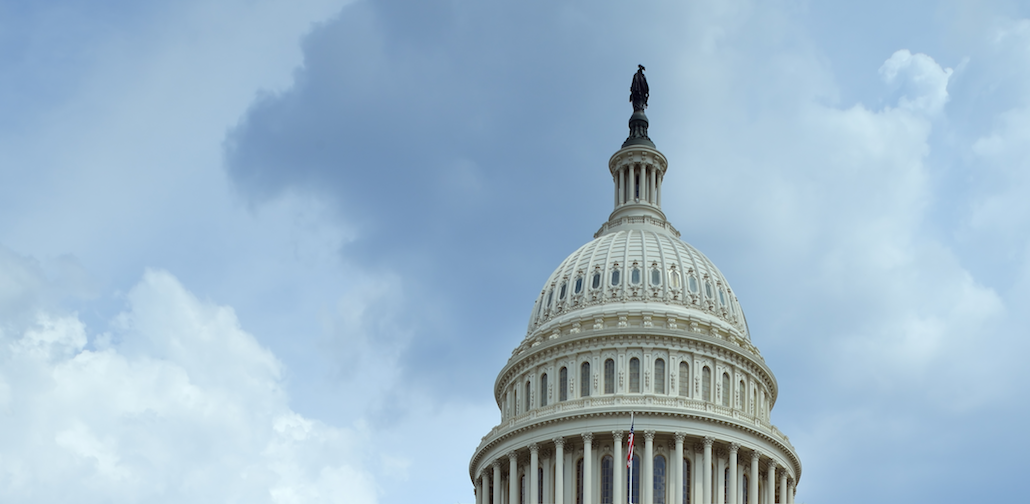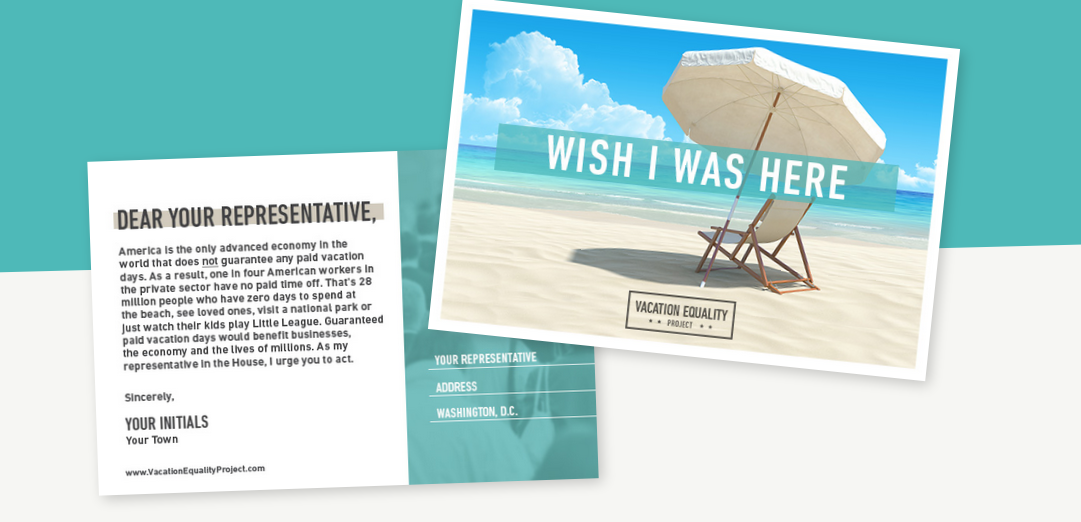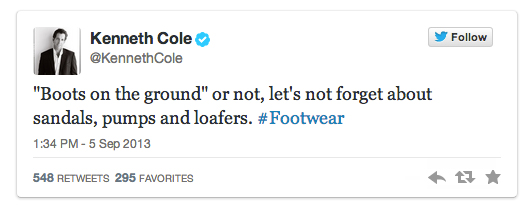Save 50% on a 3-month Digiday+ membership. Ends Dec 5.

This week, Hotels.com got in on the paid-time-off debate with a new campaign. The Vacation Equality Project, created by CP+B, featured a petition to WhiteHouse.gov, a postcard campaign to the U.S. House of Representatives and a film, all of which pressured the government to take note that vacation is a right that currently 28 millions Americans don’t have.
The U.S. is the only developed country in the world without mandated vacation days — and overwhelmingly, lower-wage and part-time workers are the least likely to get any time off. Here comes Hotels.com to the rescue.

It’s not the first time — and it won’t be the last — a brand dipped a finger into a political pie. But is it their place to do so?
For years, communicators have been trying to make brands as relatable as individuals, in the hopes that it will make them likeable, drive sales and help them recover quickly from a crisis, said Tanya Meck, evp and managing partner at public affairs and research firm Global Strategy Group. “Now, we’re reaping what we sow,” she said. “Brands have identities and beliefs, and to some level, they’re now protected because of them.”
Look no further than the recent controversial Supreme Court decision in the case of Burwell v. Hobby Lobby Stores, Inc. The takeaway: Not only are corporations “persons,” but they’re allowed to act on “sincerely held” and federally protected religious beliefs.
As Neil Buchanan wrote on Verdict in a postmortem analysis of Hobby Lobby’s invocation of the Religious Freedom Restoration Act, it is possible that the case would “open the floodgates to companies that test the boundaries of the new religious doctrine, to challenge laws they dislike,” especially if that’s the best path toward demonstrated profit.
Ad position: web_incontent_pos1
Of course, some issues are more hot-button than others. After all, who doesn’t want more paid-vacation time? (Thanks for looking out for us, Hotels.com.) The whole point of the Vacation Equality Project is to drive change, said Neha Parikh, vice president and general manager at Hotels.com. The benefit that Hotels.com gets on the business front is “secondary,” she said.
Hotels.com’s effort is much more serious — and effective — than other attempts by brands to try and get days off for consumers, like Dos Equis’ effort to get people to celebrate Dos de Mayo instead of Cinco de Mayo when the holiday fell on a Monday.
Change on this issue has been surprisingly hard to come by: In 2009, Florida Congressman Alan Grayson tried to introduce the Paid Vacation Act which would mandate one week of paid time off to all employees working in companies with 100 or more workers. It was shot down. The opposition said it was silly, would ultimately cost people jobs as corporations will lay off workers to pay for the vacation time, and that governmental interference in business was unconstitutional.
“I am aware that driving that kind of change is difficult,” said Parikh. “If we can just be successful at raising awareness and getting people’s support, I would love that. If it seems like Americans are responding to this, we’ll maintain the conversation.”
Recently, Burger King demonstrated its support for the LGBT community with a Whopper sold in a rainbow wrapper and rebranded as a “The Proud Whopper.” Ben & Jerry’s has tweeted cheekily about the legalization of recreational marijuana in Colorado.
BREAKING NEWS: We’re hearing reports of stores selling out of Ben & Jerry’s in Colorado. What’s up with that? pic.twitter.com/zBs8nyxZWn
Ad rendering preventing in staging
Ad position: web_incontent_pos2
— Ben & Jerry’s (@benandjerrys) January 2, 2014
Last year, Nike and eBay, among others, voiced support for same-sex marriage in briefs filed with the U.S. Supreme Court. The CEOs of Morgan Stanley and Delta supported the Campaign to Fix the Debt during the fiscal crisis in Washington, D.C., last year.
Of course, in selecting their cause celebre, brands want nothing more than to burnish their reputations by becoming affiliated with the “right” side of a fight. But research suggests they should just stay out of it entirely. A survey by the Global Strategy Group last year found that corporations had political identities, whether they liked it or not. (Often, what industry a company operated in determined whether people saw it as Republican or Democrat.) And corporations that were seen as partisan were less favorably viewed — no matter on what side.
While respondents said that corporations should speak out about issues that directly affected their industry — Facebook’s involvement in immigration reform makes sense, for example, in that it has an impact on the company’s ability to hire talent from abroad — people overwhelmingly said any corporate political engagement on issues like abortion or same-sex marriage was inappropriate (we’re looking at you, Chick-fil-A). Even if companies did something that dovetailed with the respondents’ politics, there was no corresponding rise or fall in favorability. Basically, the risks outweigh the benefits every single time.
Parikh of Hotels.com said that brands are not inanimate objects but do have beliefs and values. Everyone at her company loves to travel, and so they want to make some “noise” about the fact that others can’t get the time to do that. “I dislike the idea of brands being so concered about their image that they’re not willing to stand up for something they believe in,” she said. To that end, the project doesn’t really feature the company’s branding.
The Hotels.com work doesn’t strike Global Strategy Group’s Meck as anything that will have an impact on customers, though. “People aren’t going to start using Hotels.com because they are advocating for paid-vacation time, because everyone likes paid-vacation time,” she said.
That’s still a better scenario than brands jumping on a political situation in the most tone-deaf way imaginable, a la Kenneth Cole …
… or trying to commemorate a national tragedy and move some product at the same time, like AT&T.
More in Marketing

Ulta, Best Buy and Adidas dominate AI holiday shopping mentions
The brands that are seeing the biggest boost from this shift in consumer behavior are some of the biggest retailers.

U.K. retailer Boots leads brand efforts to invest in ad creative’s data layer
For media dollars to make an impact, brands need ad creative that actually hits. More CMOs are investing in pre- and post-flight measurement.
Ad position: web_bfu


